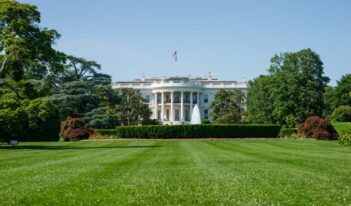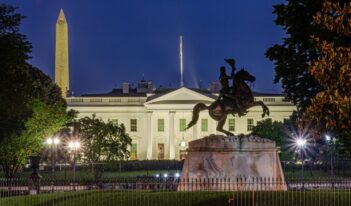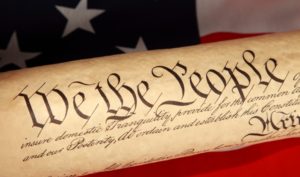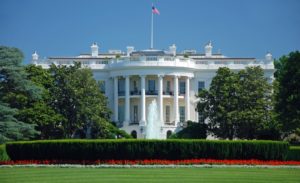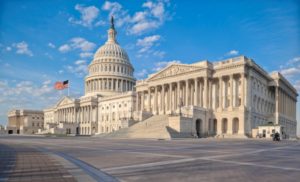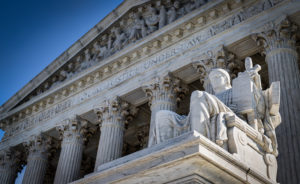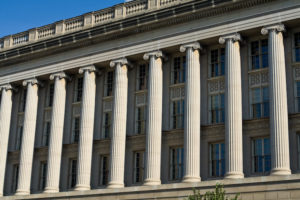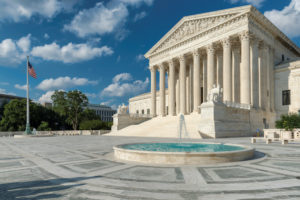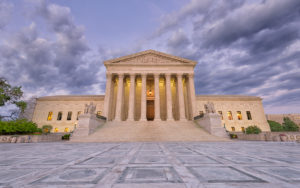The King (Presumptively) May Do No Wrong
In Trump v. United States, the Supreme Court has expanded executive power and elevated the President above the law.
The Supreme Court as Enabler in Chief
The Supreme Court’s recent decision on presidential immunity threatens the survival of the American Republic.
The Misuse of History to Undercut the Modern Regulatory State
Originalist arguments for rewriting administrative law are weaker than they seem.
The Biden-Harris Administration’s Racial Equity Efforts
Although much more work remains, the current Administration has made historic progress in advancing equity.
“Rollback Whiplash” and a Two-Year Presidency
Scholars argue that rollback tools mean Presidents must act fast to implement lasting policy.
A Fili-Busted Balance of Power
The filibuster has caused Congress to give up its constitutional power to oversee the administrative state.
The Supreme Court’s 2020-2021 Regulatory Term
Scholars discuss some of the Court’s most significant regulatory decisions.
Toward a “Unitary Executive” Vision of Article II?
The Supreme Court relied on misleading arguments and revisionist history to strike down the CFPB’s structure.
Reason Trumps Pretext
Requiring government institutions to engage in reasoned decision-making mitigates actions made in bad faith.
Revisiting the Constitutionality of Independent Agencies
The Supreme Court has destabilized principles on federal agencies’ structures and for-cause removal.
The Supreme Court’s 2019-2020 Regulatory Term
Scholars and practitioners highlight the Court’s most significant regulatory and administrative law decisions.
Old Norms and New Challenges in Spain’s Response to COVID-19
Executive and legislative branches of Spain’s government wield debatable legal authority in times of crisis.

